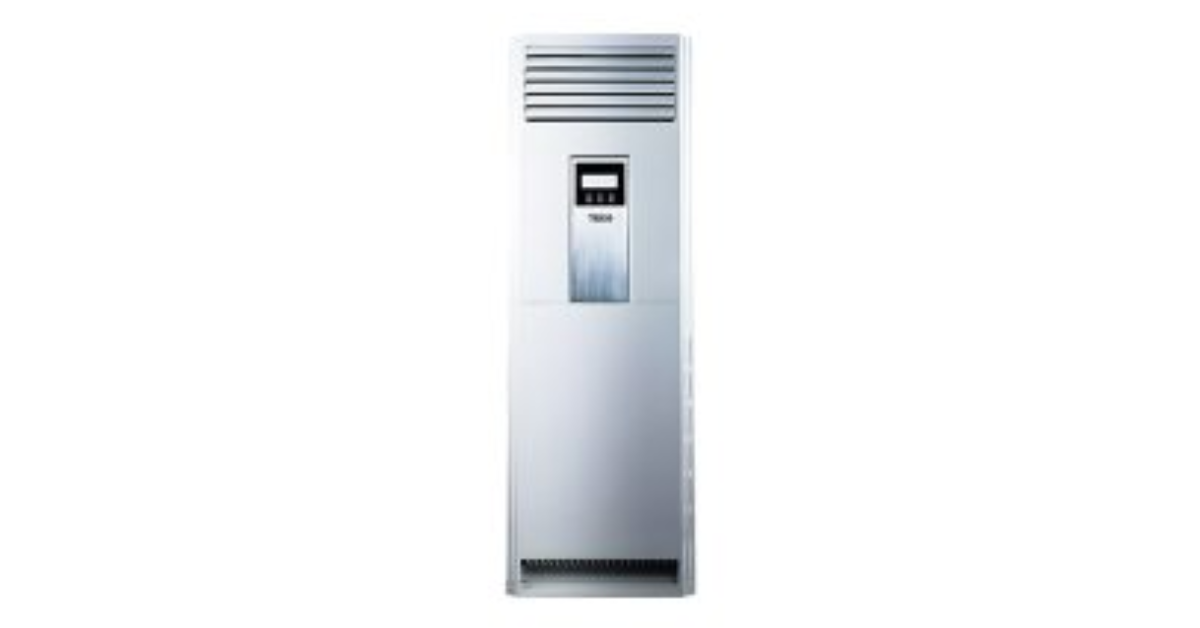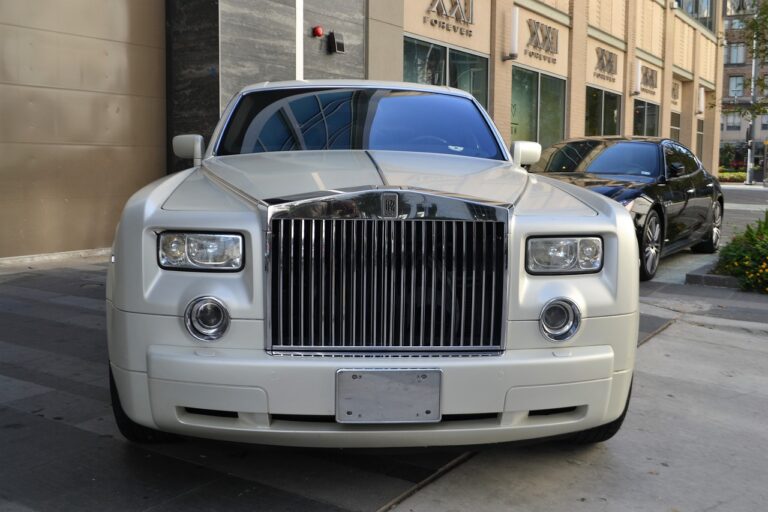Marine Air Conditioners: Climate Control Solutions for Comfort and Performance at Sea
Temperature control is a critical component of comfort and equipment longevity in any marine environment. Whether you’re operating a luxury yacht, a commercial vessel, or a naval craft, a reliable Marine Air Conditioners ensures optimal onboard conditions regardless of external weather or sea conditions.
Marine air conditioners are specially designed to function efficiently in moist, salty, and mobile environments. Built with corrosion-resistant components and compact configurations, these systems provide powerful cooling (and often heating) in cabins, control rooms, galleys, and engine spaces.
This article explores how marine air conditioners work, the types available, their benefits, and how to choose the right unit for your vessel.
What Is a Marine Air Conditioner?
A marine air conditioner is a climate control unit engineered specifically for boats, ships, and other watercraft. It functions by removing heat and humidity from the interior space and expelling it overboard or into a heat exchanger. These systems are built to withstand the harsh maritime environment—constant movement, vibration, salt exposure, and confined installation spaces.
Marine AC systems differ significantly from standard air conditioners in terms of materials, layout, cooling mechanisms, and mounting options. They may also offer reverse-cycle heating for year-round comfort.
Types of Marine Air Conditioning Systems
1. Self-Contained Units
Best suited for smaller boats and single cabins, self-contained marine AC units combine all necessary components—compressor, condenser, evaporator—into one compact box. They are typically installed under a berth or seating area and connected to a seawater pump for heat exchange.
Advantages:
-
Compact and easy to install
-
Cost-effective
-
Ideal for individual zones or rooms
2. Split Systems
In split systems, the compressor and condenser are located away from the cabin, typically in an engine room or mechanical space. The evaporator is placed in the living area. These systems reduce noise and allow for larger cooling capacities.
Advantages:
-
Quieter operation inside cabins
-
Better cooling efficiency for larger spaces
-
Flexible component placement
3. Chilled Water Systems
These are centralized systems typically used on large yachts or commercial ships. A chiller produces cold water, which circulates through insulated piping to multiple air handlers throughout the vessel. Each air handler cools its zone independently.
Advantages:
-
Supports multiple zones or cabins
-
High efficiency and capacity
-
Quiet, flexible, and scalable
Key Features of High-Quality Marine Air Conditioners
Corrosion-Resistant Construction
Saltwater can quickly degrade conventional air conditioning components. Marine-grade systems use stainless steel, coated copper, or titanium heat exchangers and components treated for corrosion resistance.
Compact and Vibration-Resistant Design
Marine air conditioners are engineered to fit tight spaces and function under continuous motion. They include vibration-isolated compressors, marine-rated mounting brackets, and shock-resistant housings.
Reverse Cycle Heating
Many marine AC systems feature a reverse cycle heat pump, allowing the same unit to provide heating in cooler climates. This reduces the need for separate heating appliances onboard.
Digital Control Panels
Modern units include user-friendly LCD or touchscreen thermostats, zone control settings, humidity regulation, and sometimes remote access through onboard networks.
Quiet Operation
Insulated compressors, multi-speed fans, and soft-start motors help reduce noise—a critical consideration for luxury yachts and sleeping cabins.
Environmentally Friendly Refrigerants
High-performance units use eco-friendly refrigerants (like R-410A) that are compliant with environmental regulations and safer for marine ecosystems.
Benefits of Marine Air Conditioning
Comfort at Sea
A marine air conditioner creates a pleasant living environment, reducing fatigue, improving sleep, and making time at sea more enjoyable, especially in hot or humid climates.
Protection of Equipment and Materials
Electronics, woodwork, and soft furnishings can suffer from excess humidity. Air conditioners reduce moisture buildup, helping to prevent corrosion, mold, and material degradation.
Increased Vessel Value
A high-quality marine AC system adds value to the vessel and improves its resale potential. It’s considered a standard feature in premium recreational and commercial boats.
Energy Efficiency
With variable speed compressors and smart control systems, marine AC units are more energy-efficient than ever. This is particularly important on vessels with limited power resources.
Choosing the Right Marine AC System
When selecting a marine air conditioner, consider the following:
Vessel Size and Layout
The number of cabins, size of interior spaces, and layout of the vessel will determine whether you need a self-contained unit, split system, or a full chilled water solution.
Power Supply
Ensure the system matches your onboard electrical system—typically 12V DC, 24V DC, or 220-240V AC. Also account for generator size and available shore power.
Seawater Access
Marine AC systems require seawater for heat exchange. Proper intake location, strainer installation, and pump sizing are essential for system performance.
Ventilation and Ducting
Plan for ductwork and ventilation to distribute cool air evenly. Poor ducting can reduce system efficiency and create hot or cold spots.
Noise Requirements
If silence is important, especially in staterooms or owner’s cabins, opt for a split system or units with noise-reduction features.
Maintenance Accessibility
Choose units with removable panels, washable air filters, and easily accessible components to simplify service and upkeep.
Maintenance Tips
-
Flush seawater systems regularly to prevent fouling and scale buildup.
-
Inspect strainers and pumps for clogs or wear.
-
Clean air filters monthly to maintain airflow and efficiency.
-
Check refrigerant levels annually with a certified technician.
-
Listen for unusual noises, which may indicate loose components or blocked airflow.
Common Use Cases
-
Luxury Yachts: Zoned climate control for owner and guest areas
-
Fishing Vessels: Cabin cooling for crew comfort during long trips
-
Commercial Ships: Engine room or bridge climate control
-
Patrol Boats and Workboats: Tough, compact systems for extreme conditions
-
Houseboats and Floating Homes: Full residential comfort with marine-grade reliability
Conclusion
A well-designed marine air conditioning system is essential for maintaining onboard comfort, protecting valuable equipment, and enhancing the overall experience at sea. Whether you’re outfitting a small pleasure craft or a large commercial vessel, choosing the right marine air conditioner ensures efficient climate control in the most demanding environments.
With advancements in technology, today’s marine AC systems offer quiet operation, energy savings, and robust construction tailored specifically for life on the water. For marine professionals and recreational boaters alike, investing in quality climate control is a decision that delivers comfort, performance, and peace of mind.
Read More







